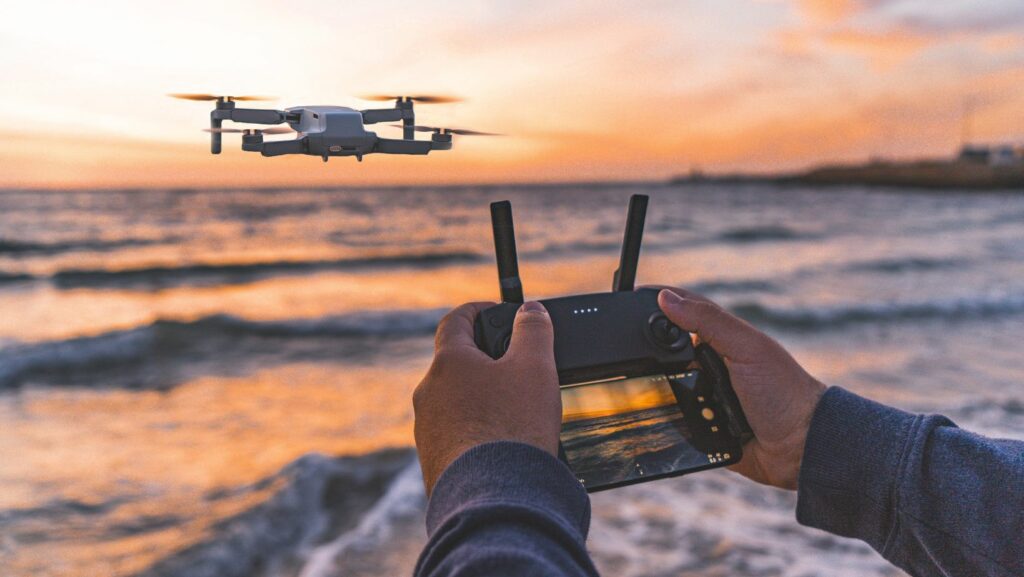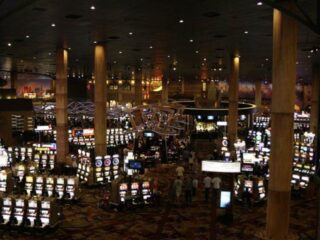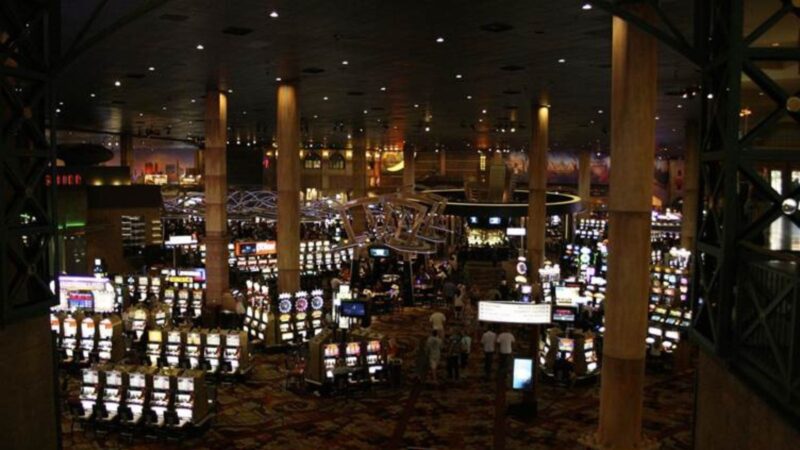

The RC (Remote Control) industry has been a vibrant and ever-evolving sector, captivating enthusiasts and hobbyists for decades. In recent years, advancements in technology and shifts in consumer interests have propelled the industry to new heights, significantly impacting the way RC hobby stores operate and cater to their clientele.
This article dives into the current scene of RC hobby stores, highlighting how they have adapted to the changing dynamics of the market. We will explore the evolution of RC products, focusing on the innovations that have reshaped the industry. By the end of this discussion, readers will have a complete understanding of the state of the RC hobby store market and a glimpse into its future direction.
The Evolution of RC Products
From the earliest RC cars and planes to today’s drones and smart-controlled vehicles, the journey of RC products is a testament to human ingenuity and the relentless pursuit of entertainment and education. To clearly illustrate this progression, let’s examine the key milestones in the evolution of RC products:
| Era | Characteristics | Key Advancements |
| Early Years (Pre-1980s) | Simple designs, predominantly kit-based, requiring assembly. Manual controls with limited range and functionality. | Introduction of basic RC cars and planes. Analog controls. |
| 1980s to 1990s | Introduction of ready-to-run (RTR) models. Improved durability and performance. Beginnings of digital electronics in RC. | Wider adoption of electric models. The introduction of digital proportional control systems will allow for more precise handling. |
| 2000s | Rapid technological advancements. Expansion into new categories like drones and boats. Enhanced battery life and range. | Lithium Polymer (LiPo) batteries, 2.4 GHz radio technology for better range and interference reduction, and the introduction of the first consumer drones. |
| 2010s to Present | Integration of smart technology, high-definition cameras in drones, and programmable features. Focus on sustainability and education. | GPS and autopilot in drones, waterproof and rugged designs for all-terrain use. STEM kits for educational purposes. |
Current Trends Influencing the RC Hobby Store Market
The RC hobby stores market is constantly evolving, influenced by a variety of trends that shape the way stores operate and interact with their customers.
These trends not only reflect the changing landscape of retail and technology but also highlight shifts in consumer behavior and preferences.
To provide a deeper understanding of these dynamics, we will explore a few key trends in detail, examining their implications for the broader industry:
The Rising Popularity of Online Forums and Social Media
- Increased Customer Engagement: Online platforms have transformed how hobbyists share experiences, troubleshoot issues, and showcase custom projects. Thus, RC hobby stores are leveraging these platforms to engage with customers beyond the physical store and create vibrant communities around their brands.
- Marketing and Customer Support: Social media and online forums serve as powerful tools for marketing new products and providing real-time customer support. This direct line of communication elevates customer satisfaction and loyalty, turning casual shoppers into brand advocates.
- Challenges and Opportunities: While the digital shift opens new avenues for engagement, it also pressures stores to maintain an active and appealing online presence. Successful stores blend their in-store experience with their digital footprint, offering a cohesive brand experience across all platforms.
Educational Content and STEM Integration
- Bridging Hobby and Education: There is a growing trend to align RC hobbies with educational content, especially in Science, Technology, Engineering, and Mathematics (STEM) areas. Stores are increasingly stocking products that offer educational value, such as programmable drones and model kits that teach basic engineering principles.
- Workshops and Events: Many RC hobby stores are hosting workshops and events aimed at younger audiences, introducing them to the basics of RC technology while emphasizing learning and creativity. These initiatives not only attract a new generation of hobbyists but also position the stores as educational resources in their communities.

- Long-Term Customer Relationships: By engaging customers from a young age and fostering a passion for learning through play, stores can build long-term relationships with future hobbyists. This approach not only expands their customer base but also contributes to a more knowledgeable and engaged community.
Customization and Advanced Technologies
- Personalization at the Forefront: Customization is becoming increasingly important in the RC hobby market. Enthusiasts seek unique products that can be personalized to their specifications, driving demand for customizable models, accessories, and even 3D-printed parts.
- Technological Advancements: The integration of advanced technologies, such as GPS, FPV (First Person View) cameras, and sophisticated flight controllers, has elevated the capabilities of RC products. Hobby stores need to stay abreast of these technologies to cater to the high expectations of tech-savvy consumers.
- Educating the Consumer: With the introduction of advanced technologies, stores have a responsibility to inform their customers of the benefits and proper usage of these innovations. This not only ensures a better customer experience but also positions the store as a trusted authority in the RC hobby market.
The Bottom Line
From the evolution of RC products to the current trends shaping the market, it is clear that RC hobby stores play a crucial role in the industry’s ecosystem. They are not just retail outlets but community hubs that bring together enthusiasts from all walks of life.
Looking to the future, the RC industry shows no signs of slowing down. With ongoing innovations and an ever-expanding community of hobbyists, RC hobby stores will continue to be at the heart of this exciting and dynamic industry.











